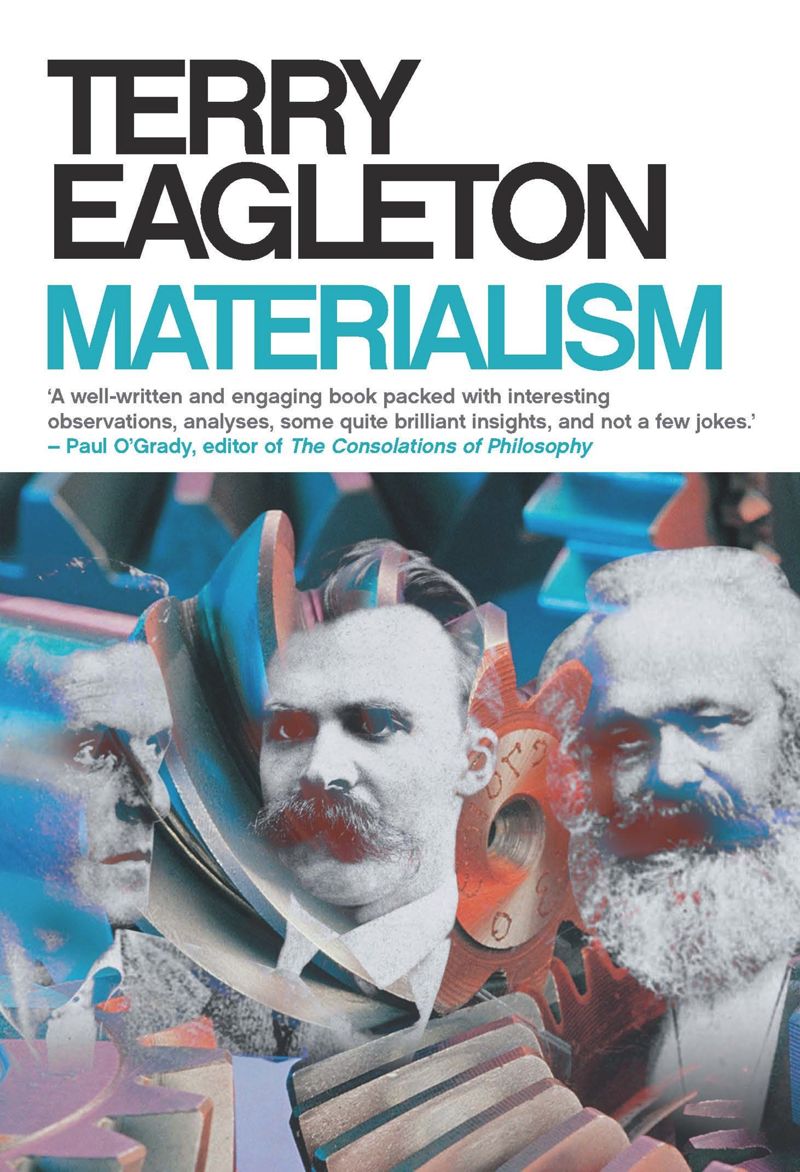The Bahá’í teachings present a nuanced view of materialism, often critiquing its pervasive influence on contemporary society. Within this discourse emerges the concept of the “Cult of Positivity,” which encompasses a superficial adherence to optimism often divorced from deeper truths. This essay will explore the intersections of materialism, the allure of positive thinking, and the Bahá’í perspective on true fulfillment.
At the core of Bahá’í philosophy lies the assertion that humanity must transcend materialistic tendencies—those that prioritize the ephemeral over the eternal. Materialism, in this context, embodies not merely the accumulation of wealth or goods but also a broader worldview that subjugates the spiritual to the physical. It reduces human existence to the tangible, confining aspirations, desires, and meanings within the finite parameters of sensory experience.
To elucidate this, one might consider the metaphor of a mirage in the desert; the dazzling image of water beckons, yet it is but an illusion, leading travelers to despair and disillusionment. Similarly, material pursuits can captivate the heart, drawing individuals into a labyrinth where fulfillment is an elusive specter, always receding further into the distance. What, then, can guide humanity towards authentic fulfillment, a state that encompasses both material and spiritual well-being?
The Bahá’í teachings advocate for a balanced approach, elucidating that human beings are comprised of both physical and spiritual dimensions. Engagement with the material world is not inherently detrimental; rather, it is the unrestrained prioritization of materialism that poses a threat to human development. The teachings elevate the importance of inner virtues and connection to the divine, urging individuals to cultivate their spiritual essence as an antidote to material distraction.
Equally important is the allure of the “Cult of Positivity,” a contemporary phenomenon that celebrates unyielding optimism, often at the expense of authentic lived experience. Encapsulated in popular aphorisms, such as “good vibes only,” this perspective can inadvertently perpetuate a denial of life’s complexities. Within this paradigm, emotions such as sorrow, anger, or grief are dismissed as failures of attitude rather than acknowledged as integral components of the human experience.
As with materialism, this overly simplistic approach can lead to a distorted understanding of reality. The pursuit of relentless positivity can create an atmosphere where authenticity is compromised. It can be likened to applying a veneer of paint over a dilapidated structure; without addressing the underlying decay, the façade may crumble at any moment. Hence, the Bahá’í perspective emphasizes that true positivity arises not from ignorance of challenges but through the conscious engagement with them, paired with a reliance on spiritual principles that guide individuals toward resolution and growth.
In grappling with the tensions between materialism and the Cult of Positivity, the Bahá’í teachings advocate the notion of moderation. Moderation does not connote a mere blending of the two extremes; rather, it implies a deliberate positioning where material pursuits serve as a means to spiritual ends. The path encourages individuals to recognize the transient nature of worldly possessions while simultaneously embracing the blessings that arise from responsible engagement with the world.
Moreover, Bahá’í teachings underscore the value of community and collective support. The adversities associated with materialism and the superficiality of unbridled positivity can be mitigated through fellowship and shared experiences. By fostering environments laden with compassion, understanding, and forgiveness, individuals can navigate the intricate dance between the material and spiritual realms, allowing for a richer, more nuanced existence.
Thus, the differentiation between materialism and the authentic quest for spiritual enrichment becomes imperative. Where materialism entices the seeker with its ephemeral assurances, true fulfillment lies in the acknowledgment that happiness is cultivated from within. This inward journey leads individuals through the labyrinth of modern life, equipping them with clarity and insight. The ultimate aim becomes not the accumulation of goods or an endless pursuit of cheerfulness but an ever-deepening relationship with the Creator—a communion characterized by love, service, and a profound sense of purpose.
In conclusion, the intersection of Bahá’í teachings with the critiques of materialism and the Cult of Positivity reveals a multifaceted exploration into what it means to live a balanced and fulfilling life. It invites individuals to engage authentically with both material and spiritual dimensions, transcending mere existence towards a life imbued with meaning and connection. The journey undertaken—fraught with challenges yet enriched by spiritual insights—serves as the beacon that illuminates the path towards true fulfillment, ultimately leading the seeker to the abundant treasures residing in the soul.
